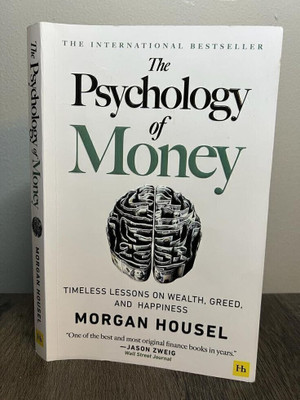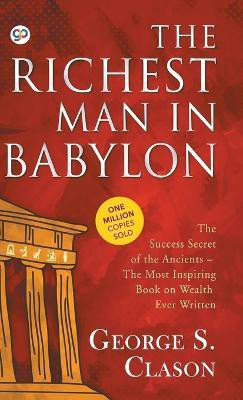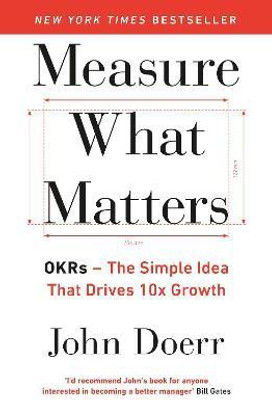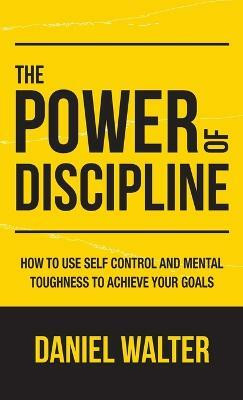
Muses: Apollo, Nymph, Sappho, Muse, Thalia, Euterpe, Aoide, Terpsichore, Urania, Erato, Melpomene, Melete, Mneme, Polyhymnia, Apsara (English, Paperback, LLC Books, Source Wikipedia)
Price: Not Available
Currently Unavailable
Highlights
- Language: English
- Binding: Paperback
- Publisher: Books LLC, Wiki Series
- ISBN: 9781155711942, 1155711947
- Edition: 2010
- Pages: 196
Description
Please note that the content of this book primarily consists of articles available from Wikipedia or other free sources online. Pages: 82. Chapters: Apollo, Nymph, Sappho, Muse, Thalia, Euterpe, Aoide, Terpsichore, Urania, Erato, Melpomene, Melete, Mneme, Polyhymnia, Apsara, Mount Parnassus, Jane Williams, Mimesis, Martha Wadsworth Brewster, Xanadu, Anne Bradstreet, Nancy Cunard, Juana Ines de la Cruz, Hexis, Luisa Casati, Xia Meng, Lilya Brik, Maud Gonne, Dora Maar, Musaeum, Chloe Sainte-Marie, Carmen Dell'Orefice, Johanne Luise Heiberg, Lump, Brenda Venus, Henrietta Moraes, Kathleen Newton, Kathy Chitty, Sheri Martinelli, Ruth Kligman, Tenth Muse, Nara Leao, Calliope, Valley of the Muses, Pita Amor, Apollonie Sabatier, The Lantern Bearers, Leila Waddell, Clio, The Nine Muses, The Disquieting Muses, Hypate, Thelxinoe, Nete, Mese, Cephisso, Borysthenis, Apollonis. Excerpt: Apollo (Attic, Ionic, and Homeric Greek:, Apoll n (gen.: ); Doric:, Apell n; Arcadocypriot:, Apeil n; Aeolic:, Aploun; Latin: ) is one of the most important and diverse of the Olympian deities in Greek and Roman mythology. The ideal of the kouros (a beardless, athletic youth), Apollo has been variously recognized as a god of light and the sun, truth and prophecy, medicine, healing, plague, music, poetry, arts and more. Apollo is the son of Zeus and Leto, and has a twin sister, the chaste huntress Artemis. Apollo is known in Greek-influenced Etruscan mythology as Apulu. Apollo was worshiped in both ancient Greek and Roman religion, and in the modern Greco-Roman Neopaganism. As the patron of Delphi (Pythian Apollo), Apollo was an oracular god-the prophetic deity of the Delphic Oracle. Medicine and healing were associated with Apollo, whether through the god himself or mediated through his son Asclepius, yet Apollo was also seen as a god who could bring ill-health and deadly plague. Amongst the god's custodial charges, Apollo became associated with dominion...
Read More
Specifications
Book Details
| Publication Year |
|
| Table of Contents |
|
Contributors
| Author |
|
Dimensions
| Width |
|
| Height |
|
| Weight |
|
Be the first to ask about this product
Safe and Secure Payments.Easy returns.100% Authentic products.
Back to top






